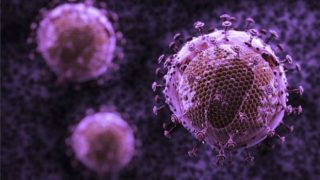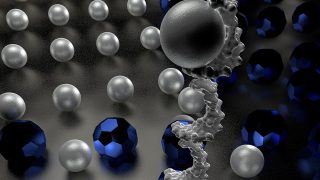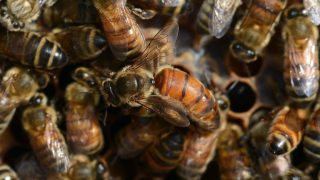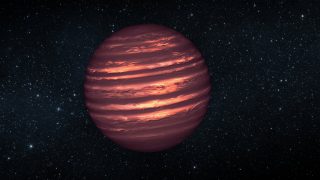
MI weekly selection #255
Saber-toothed cats were around longer than previously believed DNA analysis of a feline jawbone has revealed that a type of saber-toothed cat lived 28,000 years ago, around the same time as modern humans and much later than previously thought. The findings are helping researchers learn even more about Homotherium latidens, aka the scimitar cat, including […]








